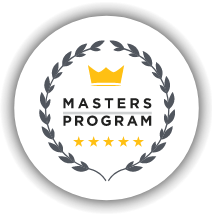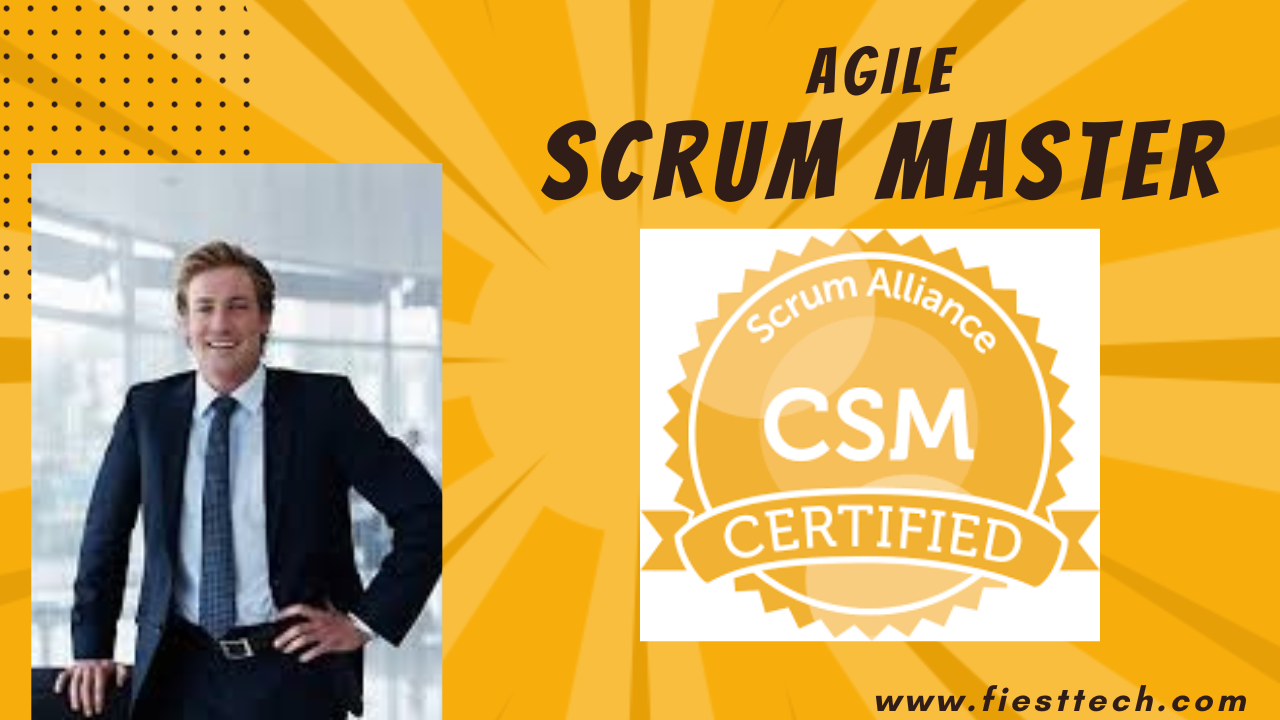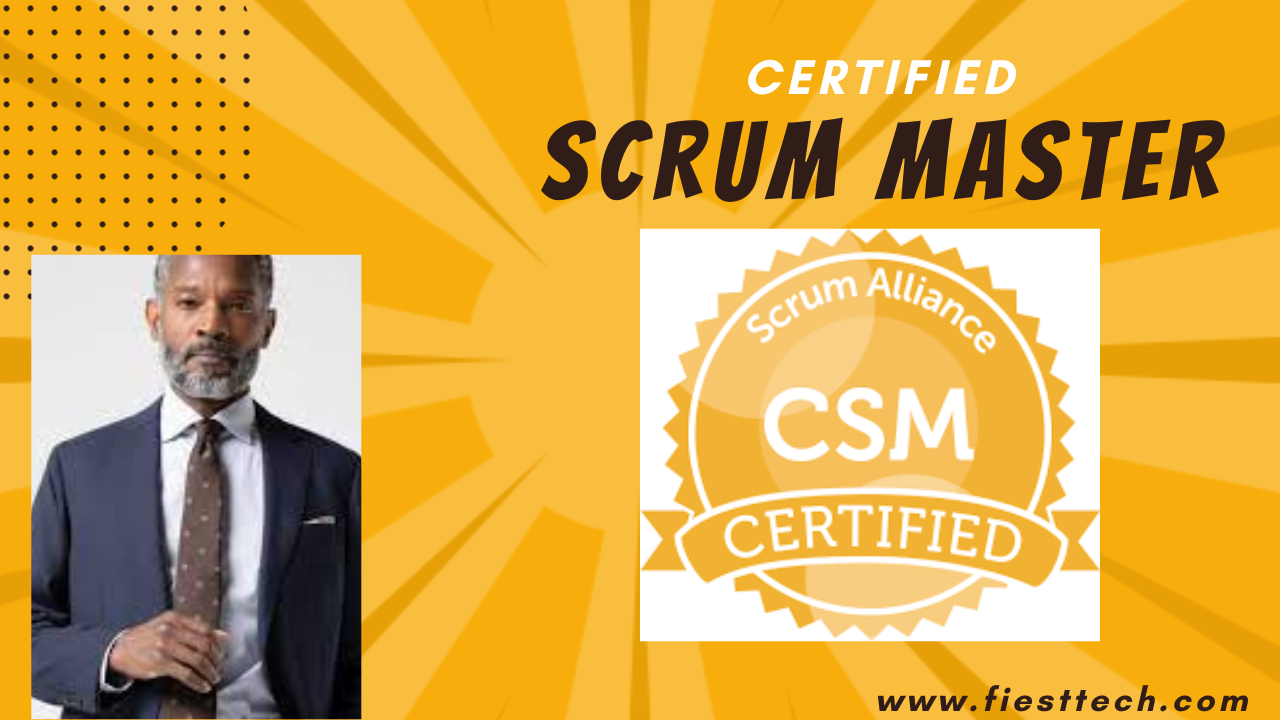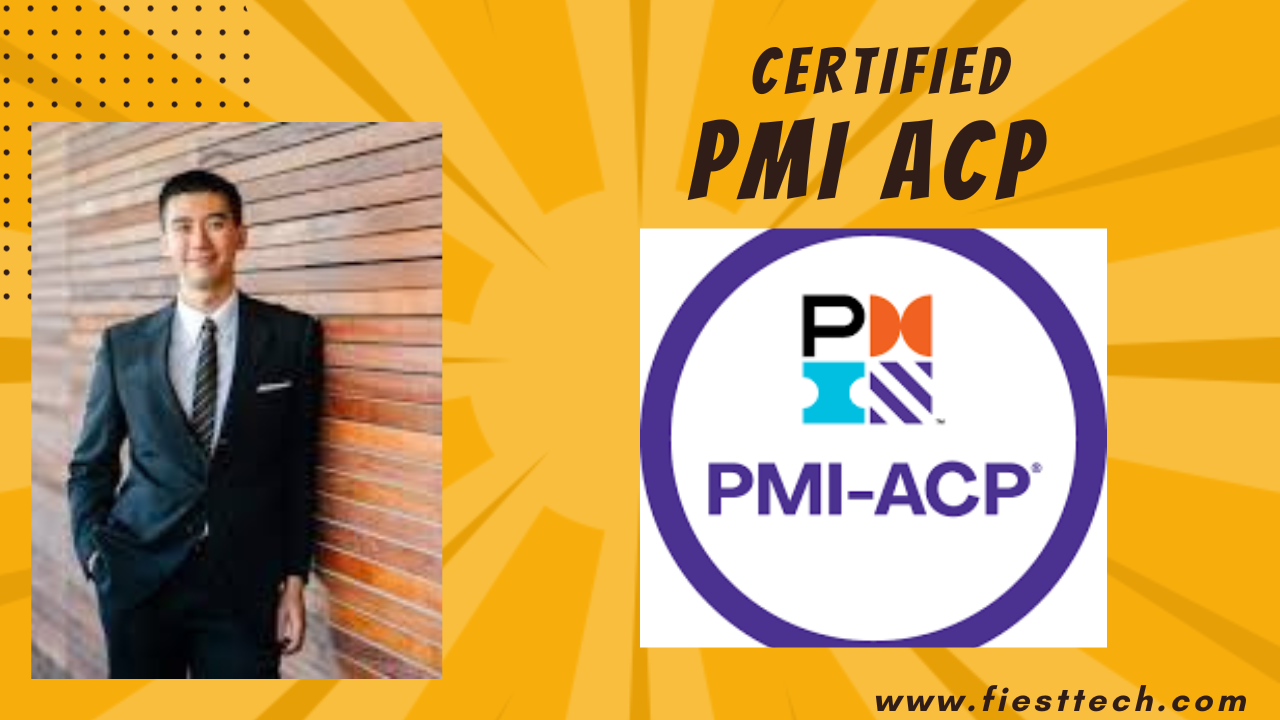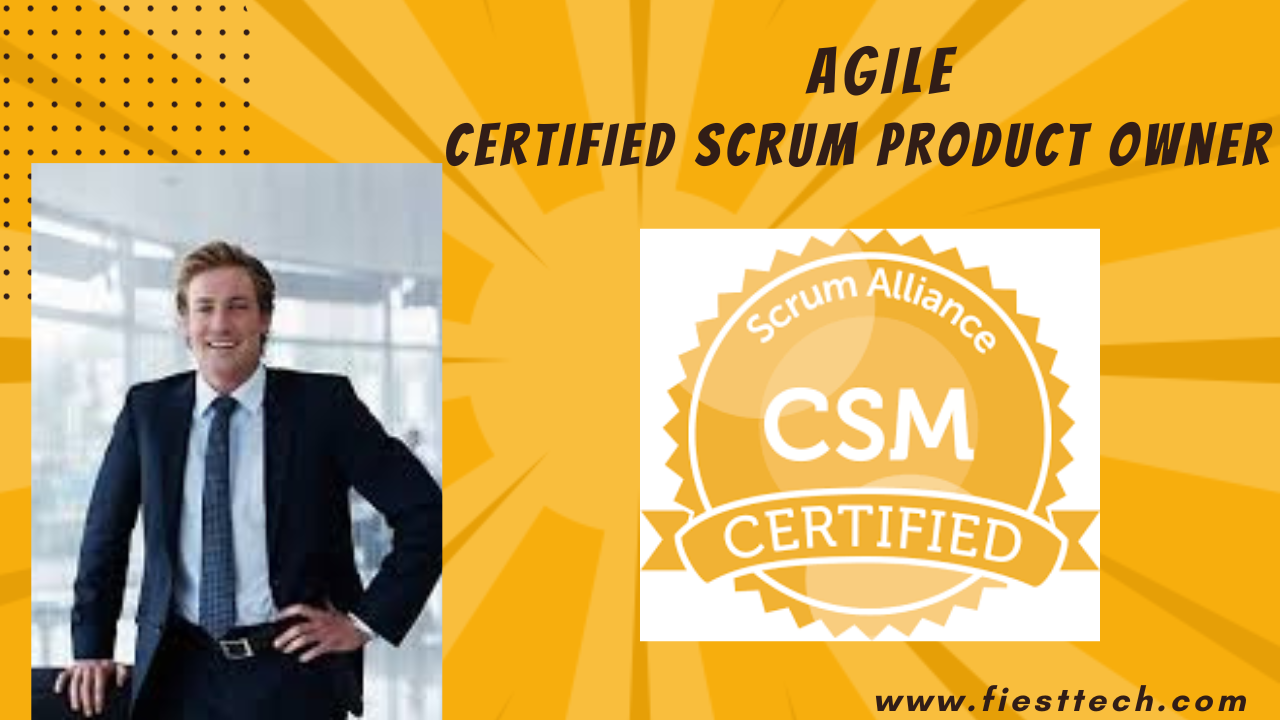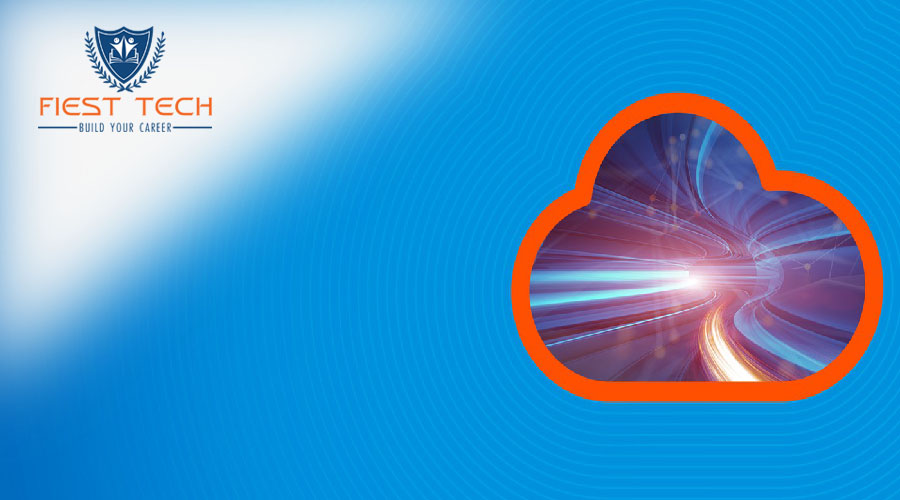PMI ACP Course Overview
This PMI-ACP course covers agile methodologies, tools, and techniques and provides real-life scenarios throughout the course. It also includes the concepts of the newly added Agile Practice Guide, a reference resource for the PMI-ACP exam. This training program is aligned with the 2017 PMI® guidelines to help you pass your PMI-ACP exam.
PMI-ACP certification signifies a deep understanding of Agile principles, methodologies, and tools. It demonstrates a commitment to Agile project management and showcases the ability to lead and manage Agile teams effec
Pmi Acp Certification Training Key Features
At Fiesttech, we value the trust of our patrons immensely. But, if you feel that this Pmi Acp Certification Training does not meet your expectations, we offer a 7-day money-back guarantee. Just send us a refund request via email within 7 days of purchase and we will refund 100% of your payment, no questions asked!
- Agile Frameworks
- Agile Tools and Techniques
- Agile Project Management Principles
- Agile Estimation and Planning
- Agile Key Performance Indicators (KPIs)
- Agile Risk Management
- Agile Contracting and Procuremen
Skills Covered
- Agile Principles and Mindset
- Adaptive Planning
- Working knowledge of Agile
- Multiiterative models
- Delivering highvelocity stories
- Agile principles
Benefits
Agile Certified Practitioners earn more than their uncertified colleagues, often with annual salaries exceeding USD $100,000. PMI-ACP certification opens up a wider range of job opportunities, as it is recognized and respected globally by employers and organizations seeking Agile expertise.
Annual Salary
Hiring Companies
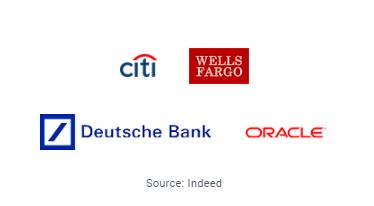
Annual Salary
Hiring Companies
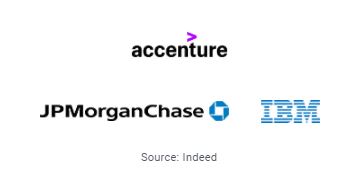
Annual Salary
Hiring Companies
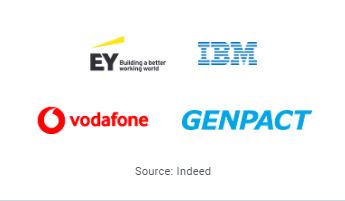
Annual Salary
Hiring Companies
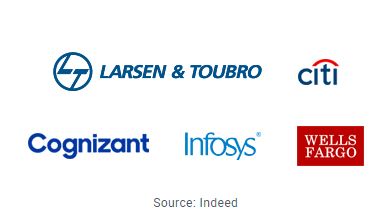
GO AT YOUR OWN PACE
Training Options
Explore all of our training options and pick your suitable ones to enroll and start learning with us! We ensure that you will never regret it!
APPLY
Who Can Apply
- Engineering Students and Recently Graduate Candidates
- Software Developers
- Business Analysts
- Automation Engineers
- Solution Architects
- Quality Analysts
- Project Managers
.jpg)
Course Curriculum
Eligibility
PMI Agile certification is a professional requirement throughout the IT and tech industries for all project management roles globally. This PMI-ACP Certification course is best suited for project managers, agile team members, associate managers, team leads, managers, project executives, software developers, and any professionals aspiring to become project managers.
Pre-requisites
To apply for the PMI Agile Certified Practitioner certification PMI, it is mandatory to have a secondary degree or higher, 2000 hours of general project management experience in the last five years, and at least 1500 hours of experience working on agile project teams during the last three years.
Course Content
Live Course
Self Paced
-
2.01 - 1.01 Agile Principles and Mindset - Part One
02:49 -
2.02 - 1.02 Introduction to Agile
01:49 -
2.03 - 1.03 Agile Engineering Practices
01:49 -
2.04 - 1.04 The Agile Manifesto
01:49 -
2.05 - 1.05 Agile Manifesto Explained
01:49 -
2.06 - 1.06 Principles of Agile Manifesto
01:49 -
2.07 - 1.07 Applying the Principles of Agile Manifesto
02:49 -
2.08 - 1.08 Agile Core Principles and Practices
01:49 -
2.09 - 1.09 Benefits of Agile
01:49 -
2.10 - 1.10 Project Life Cycle Characteristics
01:49 -
2.11 - 1.11 Key Takeaways
01:49 -
2.12 - Knowledge Check
01:49
-
3.01 - 2.01 Agile Principles and Mindset - Part Two
02:49 -
3.02 - 2.02 Agile Methodologies
01:49 -
3.03 - 2.03 Agile Mindset
02:49` -
3.04 - 2.04 Where to Apply Agile
01:49 -
3.05 - 2.05 Meaning of Scrum
02:49 -
3.06 - 2.06 Features of Scrum
01:23 -
3.07 - 2.07 Three Pillars of Scrum
01:23 -
3.08 - 2.08 Scrum Roles
01:23 -
3.09 - 2.09 Key Terms of Scrum
02:11 -
3.10 - 2.10 Scrum Meetings
02:11 -
3.11 - 2.11 Scrum: An Empirical Process
01:49 -
3.12 - 2.12 Extreme Programming
02:49 -
3.13 - 2.13 Extreme Programming Practices - Part A
01:23 -
3.14 - 2.14 Extreme Programming Practices - Part B
01:23 -
3.15 - 2.15 Roles in Extreme Programming
01:49 -
3.16 - 2.16 Process Diagram of XP
01:49 -
3.17 - 2.17 Crystal Method
01:23 -
3.18 - 2.18 Properties of Crystal Method
01:49 -
3.19 - 2.19 Key Categories of Crystal Method - Part A
02:49 -
3.20 - 2.20 Key Categories of Crystal Method - Part B
02:49 -
3.21 - 2.21 Dynamic Systems Development Method (DSDM)
01:49 -
3.22 - 2.22 Basic Principles of Atern
02:11 -
3.23 - 2.23 Planning Philosophy in DSDM
01:49 -
3.24 - 2.24 DSDM Techniques
01:49 -
3.25 - 2.25 DSDM Phases
01:49 -
3.26 - 2.26 Feature-Driven Development
02:49 -
3.27 - 2.27 Agile Project Management
01:49 -
3.28 - 2.28 Key Takeaways
01:23 -
3.29 - Knowledge Check
. -
3.30 - Knowledge Check
.
-
4.01 - 3.01 Value-Driven Delivery - Part One
02:49 -
4.02 - 3.02 Quantifying Customer Value
01:49 -
4.03 - 3.03 Time Value of Money
01:49 -
4.04 - 3.04 Time Value of Money: Example
01:23 -
4.05 - 3.05 The Financial Feasibility of Projects
01:49 -
4.06 - 3.06 Return on Investment ROI
02:49 -
4.07 - 3.07 Net Present Value (NPV)
01:49 -
4.08 - 3.08 Net Present Value (NPV): Example
01:23 -
4.09 - 3.09 Internal Rate of Return (IRR)
01:49 -
4.10 - 3.10 Payback Period
01:23 -
4.11 - 3.11 Payback Period: Example
01:49 -
4.12 - 3.12 Prioritization of Functional Requirements
01:49 -
4.13 - 3.13 MoSCoW
02:49 -
4.14 - 3.14 Kano Model
02:49 -
4.15 - Knowledge Check
.
-
5.01 - 4.01 Value-Driven Delivery - Part Two
02:49 -
5.02 - 4.02 Minimal Viable Product
01:49 -
5.03 - 4.03 Project Planning Using MVP
01:23 -
5.04 - 4.04 Agile Compliance
01:49 -
5.05 - 4.05 Key Drivers of Agile Compliance
02:49 -
5.06 - 4.06 Incremental Delivery
02:49 -
5.07 - 4.07 Review and Feedback
02:49 -
5.08 - 4.08 Earned Value Management
01:49 -
5.09 - 4.09 Earned Value Metrics
01:49 -
5.10 - 4.10 Earned Value Metrics: Example
01:49 -
5.11 - 4.11 Agile Contracts: Components
01:49 -
5.12 - 4.12 Agile Contracting Methods
01:49 -
5.13 - 4.13 Fixed-Price or Fixed-Scope Contract
01:49 -
5.14 - 4.14 Time and Materials (T and M) Contract
02:49 -
5.15 - 4.15 T and M with Fixed Scope and Cost Ceiling
02:49 -
5.16 - 4.16 T and M with Variable Scope and Cost Ceiling
01:49 -
5.17 - 4.17 Bonus or Penalty Clauses
02:49 -
5.18 - 4.18 Rolling Agile Contracts
01:49 -
5.19 - 4.18 Rolling Agile Contracts
01:49 -
5.20 - Knowledge Check
.
-
6.01 - 5.01 Stakeholder Engagement - Part One
02:49 -
6.02 - 5.02 Stakeholder Management
02:49 -
6.03 - 5.03 Project Charter
01:49 -
6.04 - 5.04 Understanding Stakeholder Needs
01:23 -
6.05 - 5.05 Agile Wireframes
02:49 -
6.06 - 5.06 User Story
01:49 -
6.07 - 5.07 Story Card Information
01:49 -
6.08 - 5.08 Agile Personas
01:49 -
6.09 - 5.09 Theme and Epic
01:49 -
6.10 - 5.10 Agile Story Maps
01:49 -
6.11 - 5.11 Community and Stakeholder Values
02:49 -
6.12 - 5.12 Key Takeaways
01:49 -
6.13 - Knowledge Check
02:49
-
7.01 - 6.01 Stakeholder Engagement - Part Two
02:49 -
7.02 - 6.02 Community Management
01:49 -
7.03 - 6.03 Communication and Knowledge Sharing
01:49 -
7.04 - 6.04 Social Media Communication
02:49 -
7.05 - 6.05 Information Radiators
01:49 -
7.06 - 6.05 Information Radiators
01:49 -
7.07 - 6.06 Burnup and Burndown Charts
02:49 -
7.08 - 6.07 Kanban or Task Board
01:49 -
7.09 - 6.07 Kanban or Task Board
01:49 -
7.10 - 6.08 Impediment Logs
02:49 -
7.11 - 6.09 Characteristics of Information Radiators
01:49 -
7.12 - 6.10 Agile Modeling
01:49
-
8.01 - 7.01 Team Performance - Part One
01:49 -
8.02 - 7.02 Features and Composition of Agile Teams
01:49 -
8.03 - 7.03 Stages of Agile Team Formation
01:49 -
8.04 - 7.04 High Performance Teams
01:49 -
8.05 - 7.05 Generalizing Specialist
01:49 -
8.06 - 7.06 Team Responsibility
02:49 -
8.07 - 7.07 Self-Organization
01:49 -
8.08 - 7.08 Key Takeaways
02:49 -
8.09 - Knowledge Check
.
-
9.01 - 8.01 Team Performance - Part Two
02:49 -
9.02 - 8.02 Agile Leadership
02:49 -
9.03 - 8.03 Best Practices of Agile Leadership
01:49 -
9.04 - 8.04 Management vs Leadership
02:49 -
9.05 - 8.05 Servant Leadership
02:49 -
9.06 - 8.06 Coaching and Mentoring
01:49 -
9.07 - 8.07 Agile Coaching
01:23 -
9.08 - 8.08 Agile Emotional Intelligence
01:49 -
9.09 - 8.09 Team Motivation
01:49
-
10.01 - 9.01 Adaptive Planning - Part One
02:49 -
10.02 - 9.02 Planning Philosophy
01:49 -
10.03 - 9.03 Aligning Agile Projects
01:49 -
10.04 - 9.04 Rolling Wave Planning
01:49 -
10.05 - 9.05 Timeboxing
01:49 -
10.06 - 9.06 Best Practices of Timeboxing
01:49 -
10.07 - 9.07 Advantages of Timeboxing
02:49 -
10.08 - 9.08 Agile Estimation
02:49 -
10.09 - 9.09 Story Points
01:49 -
10.10 - 9.10 Assigning Story Points
01:23 -
10.11 - 9.11 Story Points Estimation
01:49 -
10.12 - 9.12 Story Points Estimation Scale: Example
01:49 -
10.13 - 9.13 Value Points
01:49 -
10.14 - 9.14 Ideal Days
01:49 -
10.15 - 9.15 Story Points vs. Ideal Days
01:49 -
10.16 - 9.16 Wideband Delphi Technique
01:49 -
10.17 - 9.17 Planning Poker
01:49 -
10.18 - 9.18 Planning Poker: Example
01:49 -
10.19 - 9.19 Affinity Estimation
02:49 -
10.20 - Knowledge Check
. -
10.21 - Knowledge Check
.
-
11.01 - 9.20 Key Takeaways
02:49 -
11.02 - 10.1 Adaptive Planning - Part Two
02:49 -
11.03 - 10.2 Project Size Estimation
01:23 -
11.04 - 10.3 Release Plan
01:49 -
11.05 - 10.4 Release Plan: Example
02:49 -
11.06 - 10.5 Iteration Plan
02:49 -
11.07 - 10.6 Types of Iteration Planning
01:49 -
11.08 - 10.7 Iteration Lifecycle: Example
02:49 -
11.09 - 10.8 Release Plan vs. Iteration Plan
01:23 -
11.10 - 10.9 Agile Product Roadmap
01:23 -
11.11 - 10.10 Backlog Refinement - Part Two
02:11 -
11.12 - 10.11 Value-Based Analysis and Decomposition
01:23 -
11.13 - 10.12 Agile Cone of Uncertainty
01:49 -
11.14 - 10.13 Velocity Variations
01:49 -
11.15 - 10.14 Sprint Reviews
01:23 -
11.16 - 10.15 Sprint Retrospectives
01:49 -
11.17 - 10.16 Mid-Course Corrections
02:49 -
11.18 - 10.17 Key Takeaways
01:49 -
11.19 - Knowledge Check
. -
11.20 - Knowledge Check
.
-
12.01 - 11.1 Problem Detection and Resolution - Part One
02:49 -
12.02 - 11.2 Agile Problem Detection
01:49 -
12.03 - 11.3 Problem Detection Techniques
01:49 -
12.04 - 11.4 Fishbone Diagram
02:49 -
12.05 - 11.5 Five Whys Technique
02:49 -
12.06 - 11.6 Control Charts
01:49 -
12.07 - 11.7 Lead Time and Cycle Time
02:11 -
12.08 - 11.8 Kanban
02:49 -
12.09 - 11.9 Kanban Process
02:49 -
12.10 - 11.10 Example of Kanban Board
01:49 -
12.11 - 11.11 Work In Progress
02:49
-
13.01 - 12.1 Adaptive Planning
02:49 -
13.02 - 12.2 Metrics and Measures
01:49 -
13.03 - 12.3 Benefits of Metrics
01:49 -
13.04 - 12.4 Examples of Metrics
02:49 -
13.05 - 12.5 Baseline Metrics
01:49 -
13.06 - 12.6 Variance and Trend Analysis
01:49 -
13.07 - 12.7 Risk Management Life Cycle
01:49 -
13.08 - 12.8 Step One-Risk Identification
02:49 -
13.09 - 12.9 Step Two-Risk Assessment
01:49

Pmi Acp Certification Training Exam & Certification
To apply for the PMI Agile Certified Practitioner certification PMI, you should have:
- A secondary degree or higher
- 2000 hours of general project management experience in the last five years
- At least 1,500 hours of experience working on agile project teams during last three years
.jpeg)
FAQS
Pmi Acp Certification Training Course FAQs
The tools you’ll need to attend PMI ACP training are:
Windows: Windows XP SP3 or higher
Mac: OSX 10.6 or higher
Internet speed: Preferably 512 Kbps or higher
Headset, speakers and microphone: You’ll need headphones or speakers to hear instruction clearly, as well as a microphone to talk to others. You can use a headset with a built-in microphone, or separate speakers and microphone.
Related Programs
Agile and Scrum Related Programs

